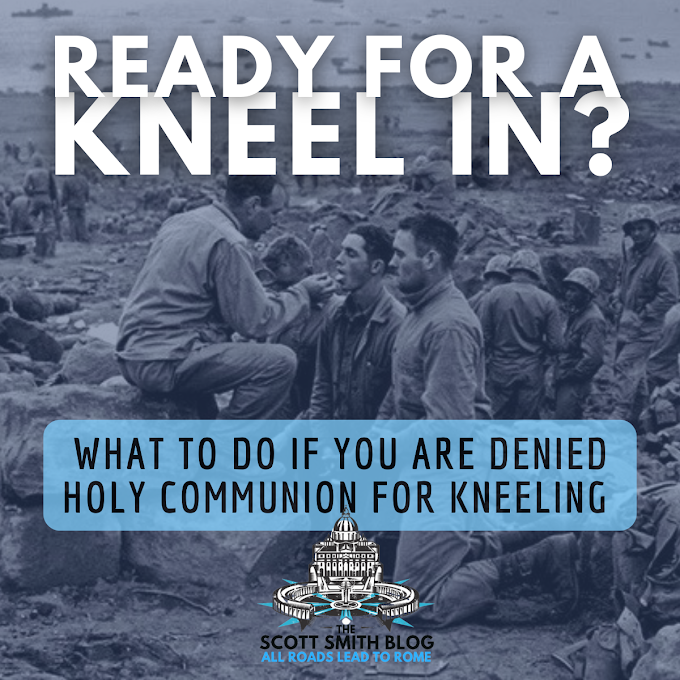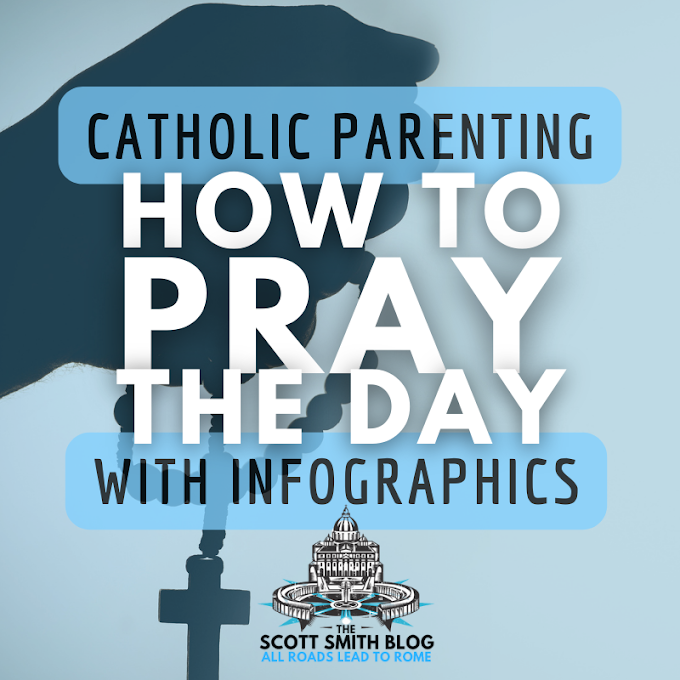Why does the steward at the Wedding at Cana praise the "good wine"? Did you know this fulfilled a Messianic prophesy from Isaiah? And from Moses?
Is the Bible against drinking alcohol? Is the wine at the Wedding at Cana non-alcoholic, as some Protestants argue? Ever heard of "wine on the lees" or aging wine "sur lie"? This is where your Catholic knowledge can inform your wine knowledge and vice-versa.
Jesus turns the water to wine at the Wedding at Cana, right? This is his first public miracle and will be connected to his "last miracle" before his death on the Cross. We remember Jesus turning the water into wine, but what comes after?
The Wedding at Cana: The Testing of the Wine
There was a very significant scene after Jesus turned the water into wine. Do you remember the testing of the wine at the Wedding at Cana? The steward of the feast says something to the bride-groom, i.e. the groom. What does he say?The Steward says, as seen above, "Every man serves the good wine first; and when men have drunk freely, then the poor wine; but you have kept the good wine until now."
After the Steward of the Feast says this, something strange happens. What's the next line of the Gospel?
This may not appear strange. Jesus just turned water into wine - why wouldn't his disciples start believing in him, right? But why? There is more going on here than just water turning into wine.
SIDENOTE: Here are some more posts on all the hidden meaning in John 2, the Wedding at Cana: The Hidden Throne of Israel & The Blessed Mother and What's Really Happening at the Wedding At Cana: Mary's Intercession.
Jesus is the New Moses
First off, Jesus' miracle shows he is the New Moses. What was Moses' first "public" miracle? That is, what was the first of the plagues of Egypt?The first plague of Egypt was the turning of the Nile into blood. It wasn't just the water of the Nile that Moses turned into blood, it was all the water in Egypt. Even the water in the stone jars, such as those at the Wedding at Cana!
Jesus adds a twist to the turning of water into blood. He first turns it into wine, then blood. When does Jesus turn wine into blood, his blood? This might seem obvious. The Last Supper, right? Yes, but Jesus does this throughout his final celebration of the Passover. He also drinks wine on the Cross which, at his death, becomes the blood that pours forth from his side.
This is one reason the disciples are struck by Jesus' actions. He is proving himself to be the New Moses. The Messiah was prophesied to be a prophet "like unto" Moses, and Jesus is doing just that. But there's more ...
But that's not all! Jesus also fulfills Isaiah's Prophesy
At Isaiah 25, Isaiah prophesies about the coming Messiah. The Messiah will destroy death ("swallow up death for ever") and forgive sins (take away "the reproach of his people").But how will the Messiah do this? What will the Messiah use to do this?
 |
| Note: This is from the Revised Standard Version Catholic Edition (RSV-CE) translation. |
With WINE! The Messiah will do this with a feast of wine!
But not just any wine ...
The finest and most refined of wines. It will be a feast of "wine on the lees."
Isaiah prophesies that the Lord will deliver His people from oppression with a "a feast of fat things, a feast of wine on the lees, of fat things full of marrow, of wine on the lees well refined." Basically, God promises the best of the best of the best wine.
Jesus delivers on that promise at the Wedding at Cana. This is the meaning of the steward's words! This is why the disciples are so moved. They were well aware of Isaiah's prophesy.
Of course, Jesus will out-do himself at the Last Supper and on the Cross when he gives us his own blood as this wine. What better wine could there be, than wine which is God, Himself? That's no mere symbol!
But what are "lees"? Winemaking Sidenote
Are you still wondering what "lees" are? Lees are bits of yeast from grape skins that settle at the bottom of a wine vat. There's a bit of extra taste to be gained from aging wine "sur lie" or "on the lees" with the lees settling at the bottom of the wine vat. The lees are then filtered out of the "choice wine" thus created. |
| Lees from red wine |
Apologetic Note: Non-Alcoholic Wine? Is the Bible against drinking alcohol?
It should be noted: many Protestants are anti-alcohol and attempt to interpret the wine used in the Bible as unfermented wine, i.e. non-alcoholic grape juice. This isn't just false; it's crazy.
For one, the lees were involved in producing the alcohol in the wine. What are they doing there if the wine isn't alcoholic?
The alcohol in wine is produced through the process of fermentation. Yeast is the agent of fermentation. The lees are bits of fermented yeast and the grape skins the yeast grew on. Clearly, this is fermented grape juice - and not just that, extra-fermented. The lees were kept in to get that last bit of flavor and fermentation.
Jesus can't be against the drinking of alcoholic wine if he just made the wedding party, who had already been drinking for days, six full stone jars of wine - that's about 600 hundred more bottles of wine!
Last point: So why does the Steward talk about saving the "Good Wine" until the last?
This is a reference to the wine of the Old Covenant versus the wine of the New Covenant. This tells us about God's plan of salvation. The greatest of all comes, not at the beginning, but at the end. The greatest of all is Jesus, not the prophets and patriarchs who preceded him. It is Jesus' own wine, his own blood, which is the "good wine" that is saved for last.Did you learn something in this article? Please comment below and share!
















5 Comments
The Hidden Throne of Israel & the Blessed Mother
https://www.thescottsmithblog.com/2017/07/the-hidden-throne-of-israel-blessed.html
What's Really Happening at the Wedding At Cana: Mary's Intercession
https://www.thescottsmithblog.com/2017/08/whats-really-happening-at-wedding-at.html